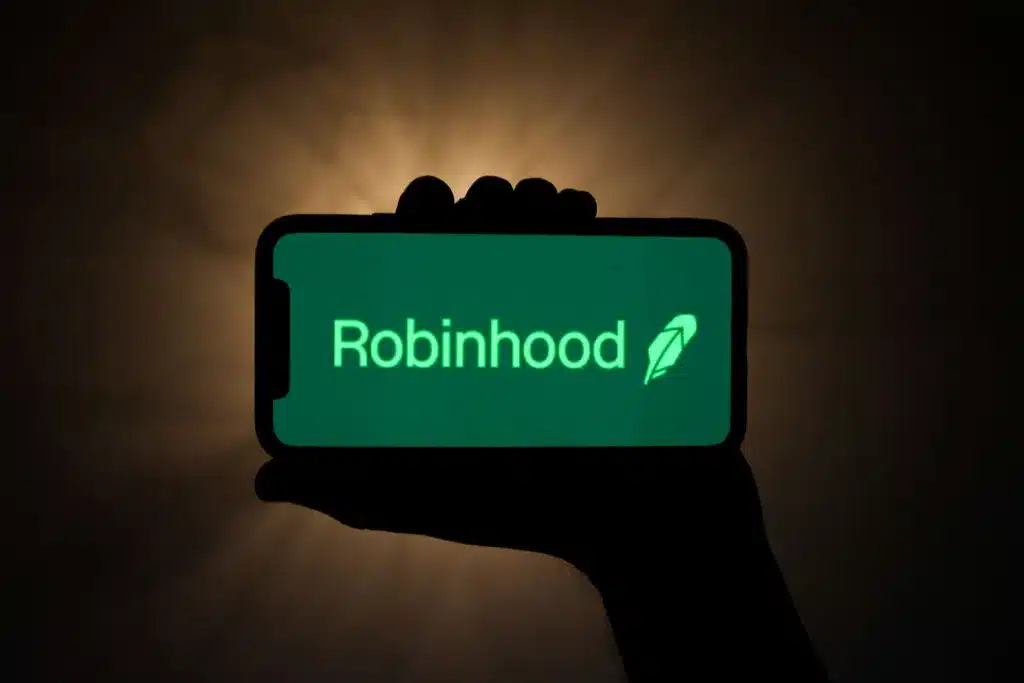- Ripple CTO says Robinhood tokens provide no actual stock ownership.
- Robinhood’s synthetic shares raise legal concerns among crypto experts.
- Private stock tokens offer exposure, not real financial stake.
Robinhood is under fire after launching tokenized versions of private company stocks, including those of major firms like SpaceX and OpenAI. Despite being marketed as exposure to these companies, the tokens do not provide any actual ownership or equity rights.
Built on blockchain technology, the offering was introduced by Robinhood CEO Vlad Tenev and utilizes Arbitrum, with a custom layer-2 network currently in development. The platform asserts it is a simulated stock platform, providing access to public and private equities through tokens.
Also Read: Here Are Some Important July Deadlines For XRP Holders to Note
According to David Schwartz, the chief technology officer of Ripple, describes these digital assets as synthetic and does not allow a legal interest in the companies they simulate.
His caution was issued following increasing confusion by the users on X, where he clarified that the users are not purchasing real shares but only promising to behave like shares.
Schwartz also pointed out that if Robinhood did not maintain this simulation, the only course of action left to the aggrieved users was legal action. Legal action is an unpredictable means of legal recourse that requires that the firm be solvent when it fails.
Synthetic Assets Raise Legal and Financial Concerns for Retail Users
While public stock tokens on Robinhood are said to reflect dividends and splits from companies like Nvidia and Apple, the same cannot be said for the private equity tokens. For private companies such as OpenAI and SpaceX, the platform offers no fundamental financial rights or voting power.
The XRP community took notice after Schwartz’s post made clear the absence of any backing behind these tokens. His interests brought forth more ambitious concerns over transparency, risk, and user protection in the new Robinhood offering.
In addition to having no legal rights, such tokens have no pegged price in a public market, making valuation and user expectations more difficult. Devoid of a strong regulation and enforced framework, retail investors are at an increased risk of losing their money when interacting with these products.
Other private companies have apparently taken notice of Robinhood, with some expressing interest in tokenizing their own stock in a similar way despite the warning. Nonetheless, professionals still insist that they are not shares but fictitious property with no relation to a firm’s performance.
Conclusion
Robinhood’s tokenized stock model has sparked sharp criticism, with Ripple’s CTO warning that these synthetic assets carry no ownership rights. As interest grows, so do concerns over legal exposure and investor protection.
Also Read: Here’s Why XRP Price is Suddenly Up Today
